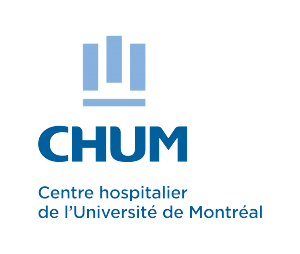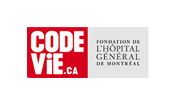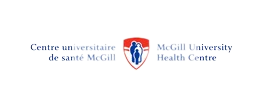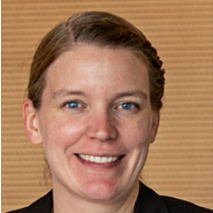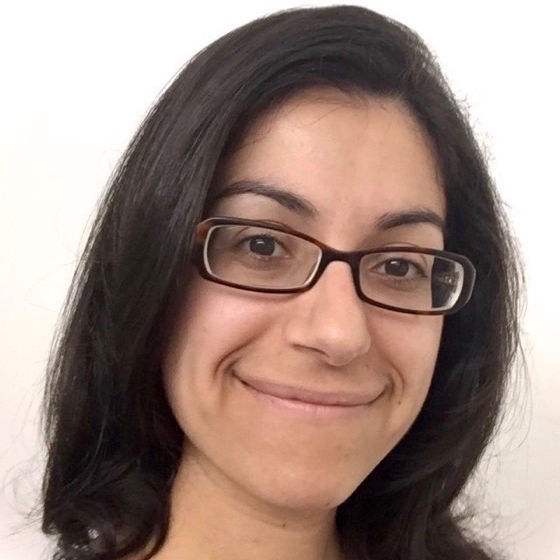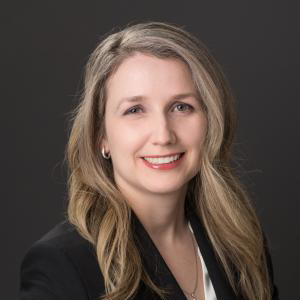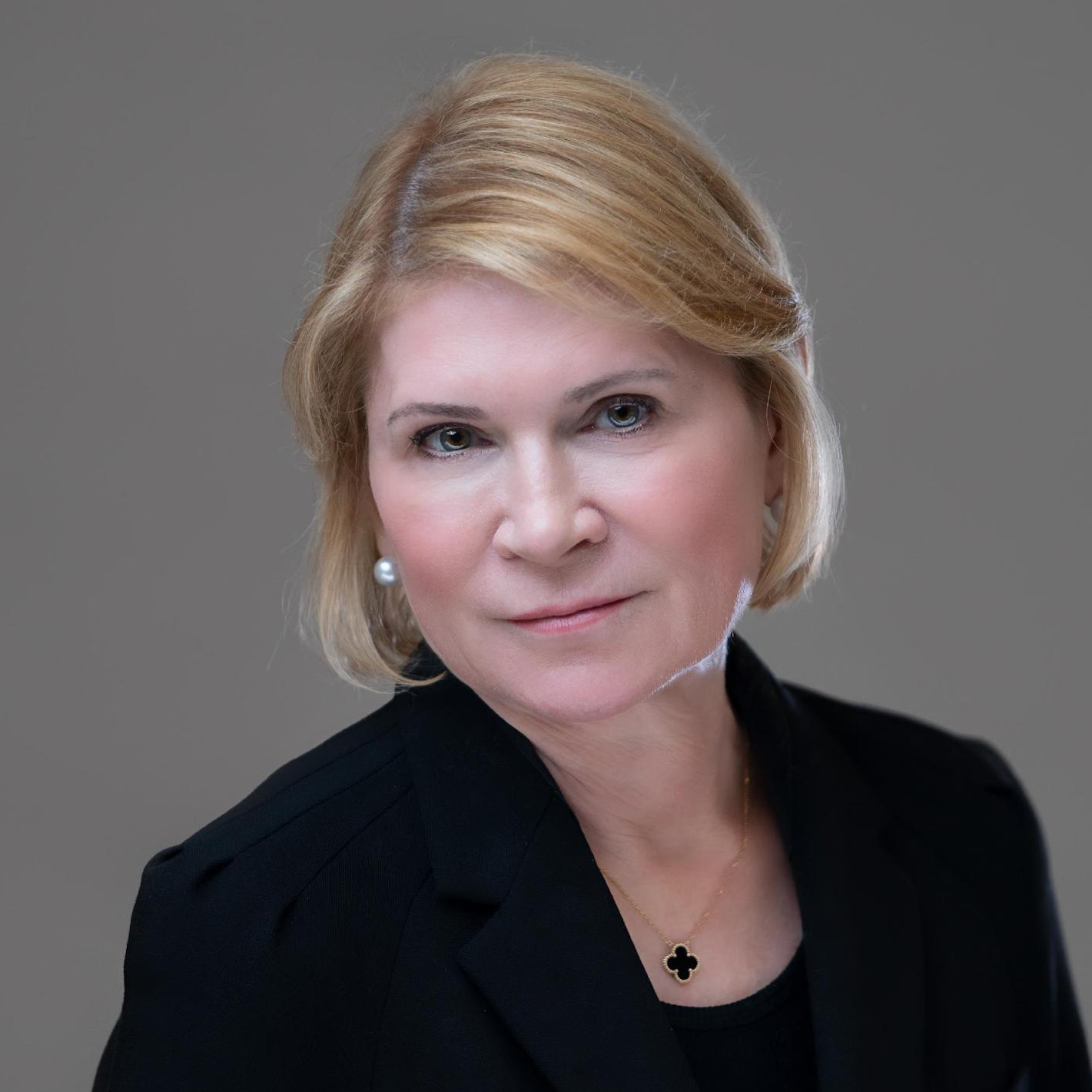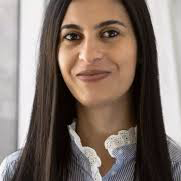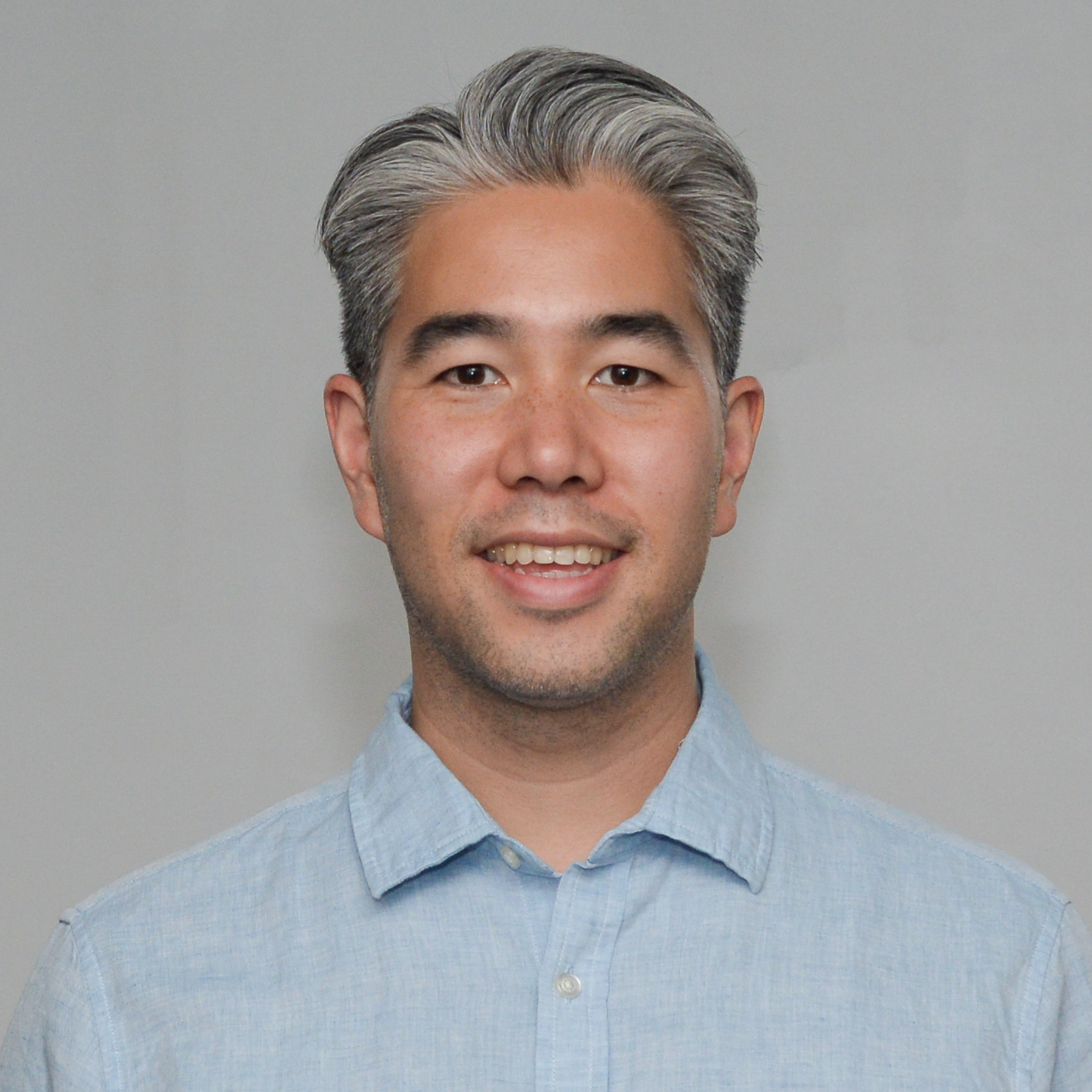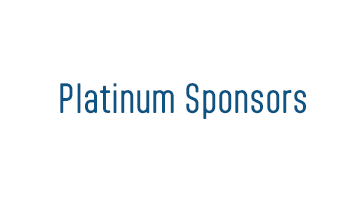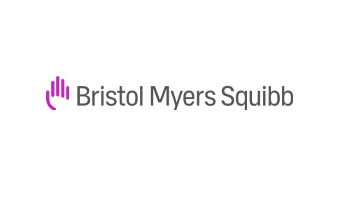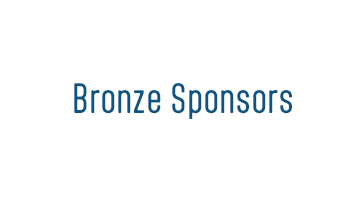8:30 am
Breakfast and registration
9:30 am
Opening remarks
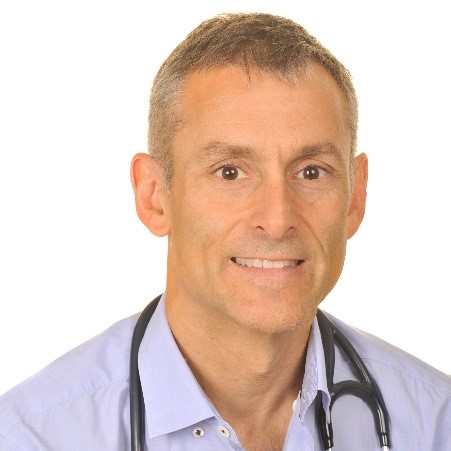
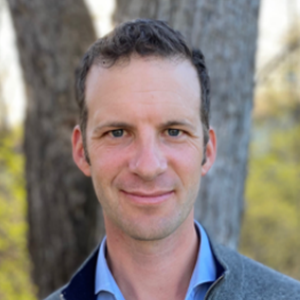
Section 1
The state of the art in early-stage NSCLC
9:45 - 11:45 am
Moderators: Drs. Normand Blais and Jonathan Spicer
9:45 am
The Canadian landscape: ahead or behind the curve? Or maybe just right?
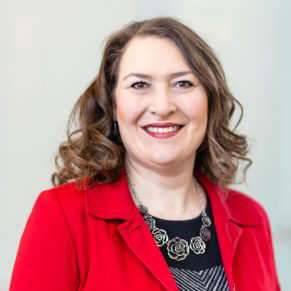
10:00 am
Minimal residual disease detection through comprehensive analyses of circulating tumor DNA for early stage non-small cell lung cancer: Where do we stand with clinical implementation?
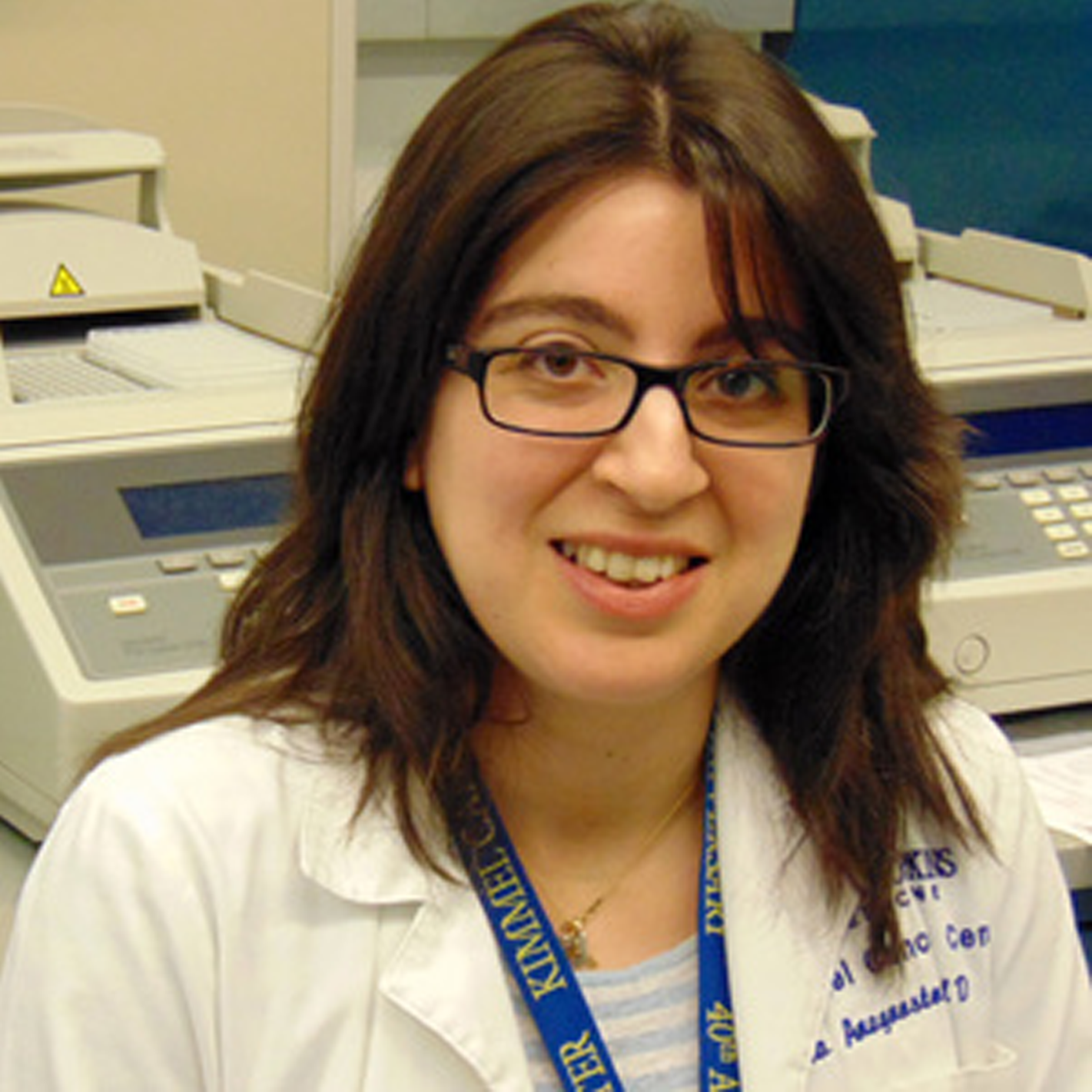
10:15 am
Who needs anti-PD(L)1 therapy in early-stage disease, and for how long?

10:30 am
Who is resectable and how do we decide?
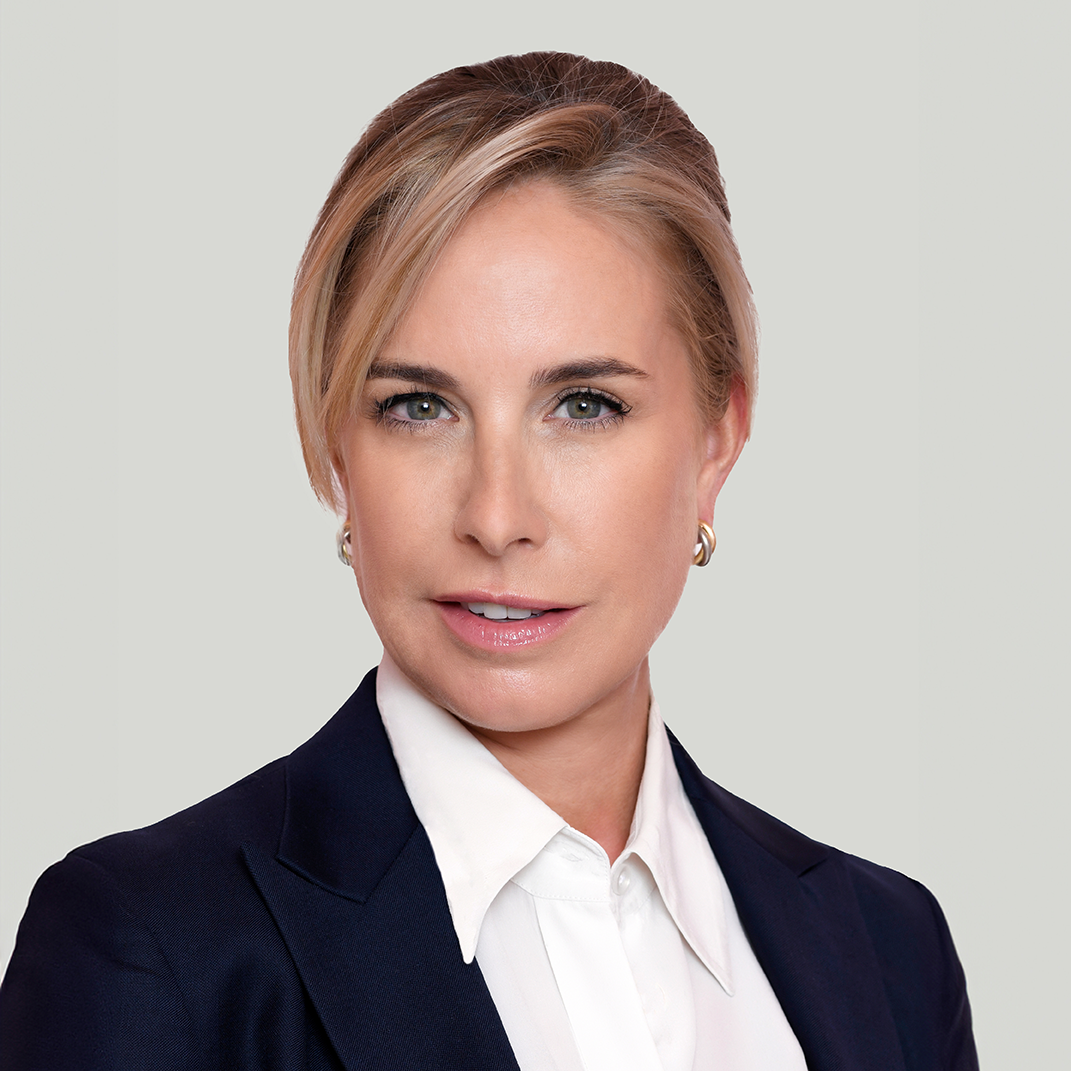
10:45 am
Augmenting RT with IO
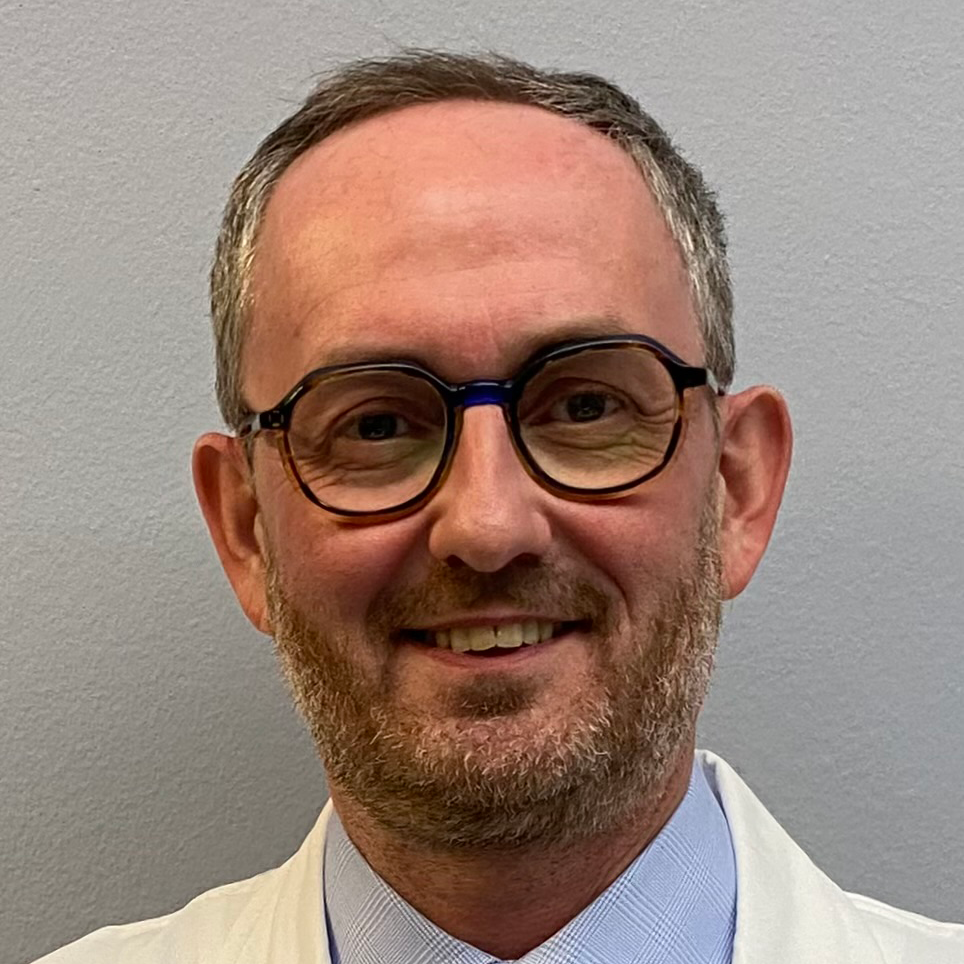
11:00 am
Cooperative group surgical trials in early-stage NSCLC: Where have we been and where are we going?
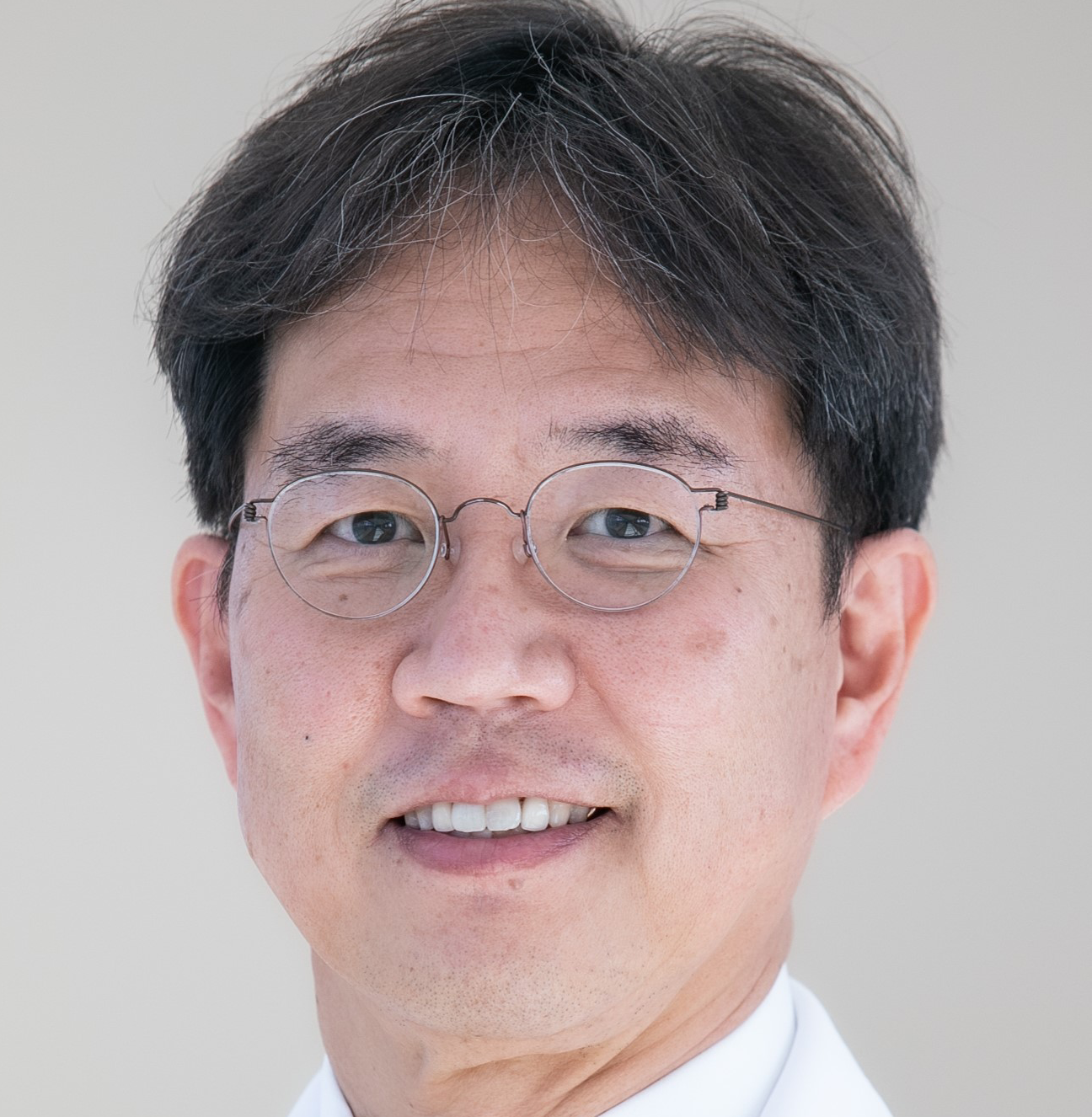
11:15 am - 11:45 am
Questions and panel discussion
The state of the art in early-stage NSCLC
Moderators: Normand Blais and Jonathan Spicer
11:45 am – 12:00 pm
Refreshment Break & Exhibits
12:00 pm - 1:00 pm
BMS sponsored lunch symposium
With Drs. Rosalyn Juergens, Tina Cascone and Isabelle Opitz.
Section 2
Pivotal science in early-stage disease
1:00 pm - 2:15 pm
Moderators: Drs. Pierre Olivier Fiset and Jonathan Spicer
All talks in Section 2 are 12 minutes with 3 minutes for discussion
1:00 pm
Neoadjuvant platform studies for patients with resectable NSCLC in molecularly selected populations: current landscape and future directions.
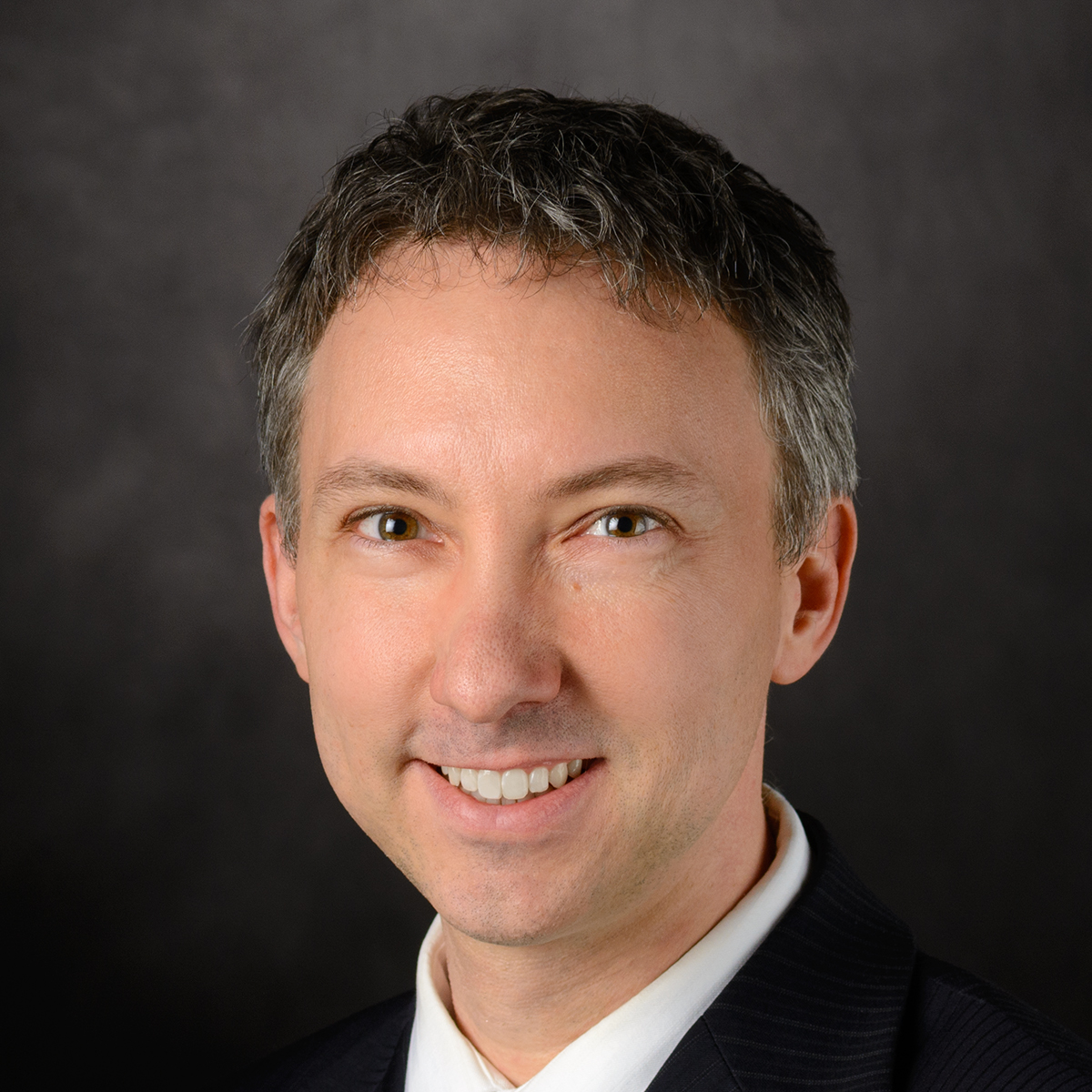
1:15 pm
Dissecting spatial relationships within the tumor microenvironment for predictive value.
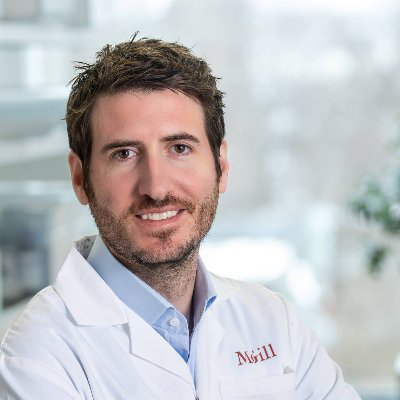
1:30 pm
Dissecting the lung microbiome as an untapped predictor of response to checkpoint blockade.
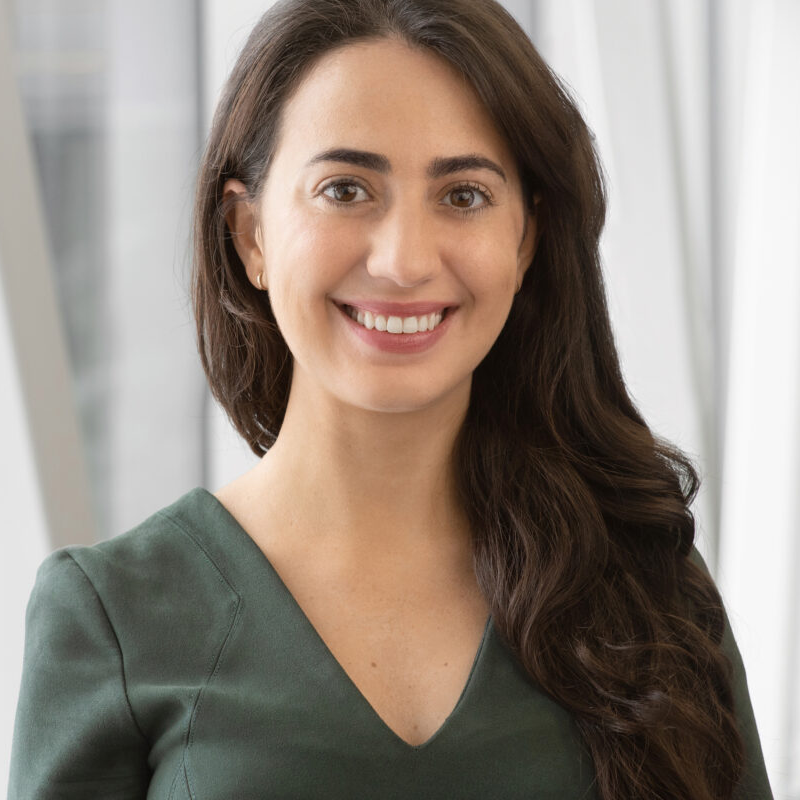
1:45 pm
Immunopathology in early stage. From science to clinical care.
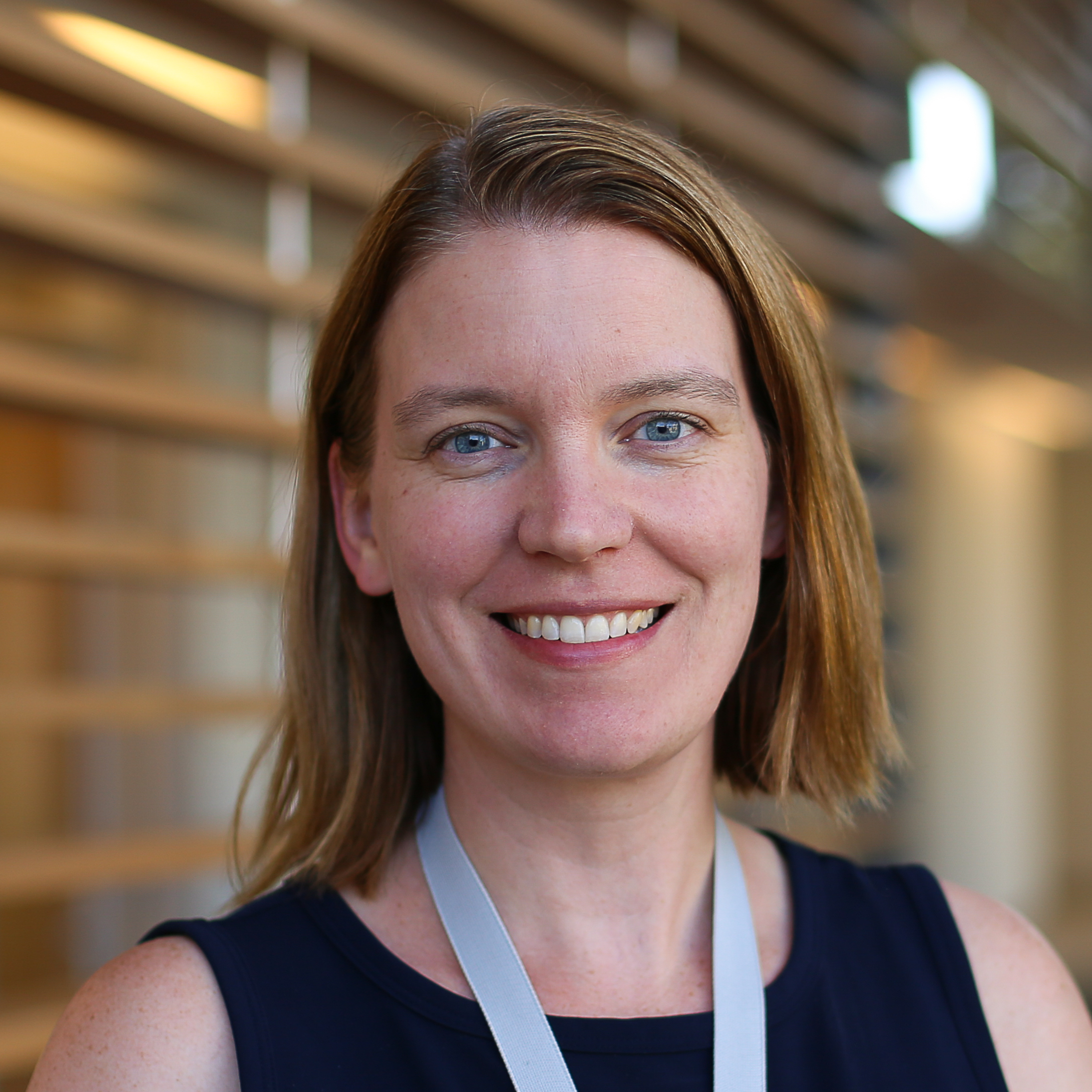
2:00 pm
Dissecting the myeloid compartment for cure.
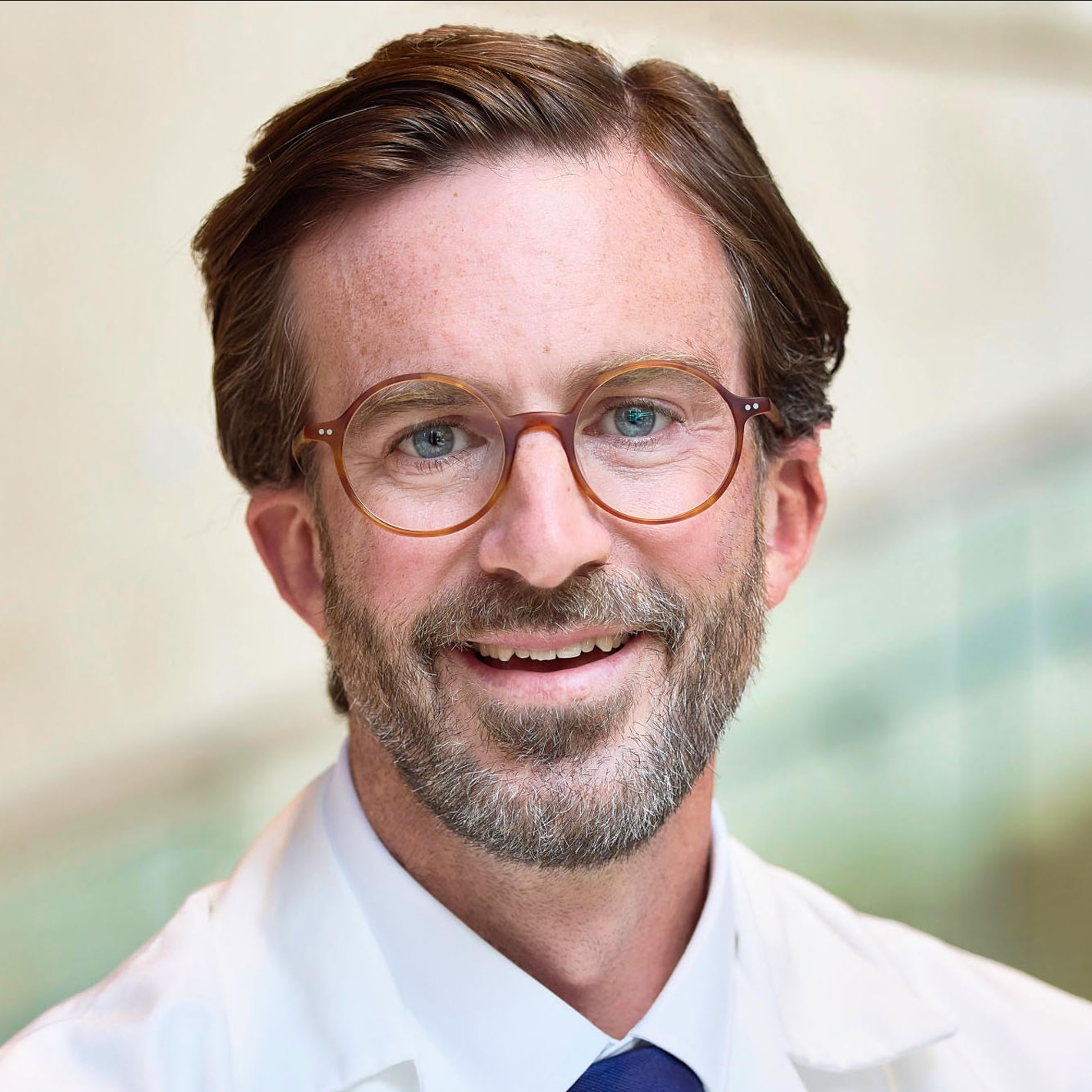
2:15 pm – 2:30 pm
Refreshment Break & Exhibits
Section 3
What to do with the nodule?
2:30 pm – 4:00 pm
Moderators: Drs. Bassam Abdulkarim and Jason Agulnik
2:30 pm
Landscape of liquid diagnostics for solitary pulmonary nodules.
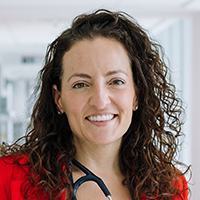
2:45 pm
Blast it! And other details about diagnosis and staging for the radiation oncologist...
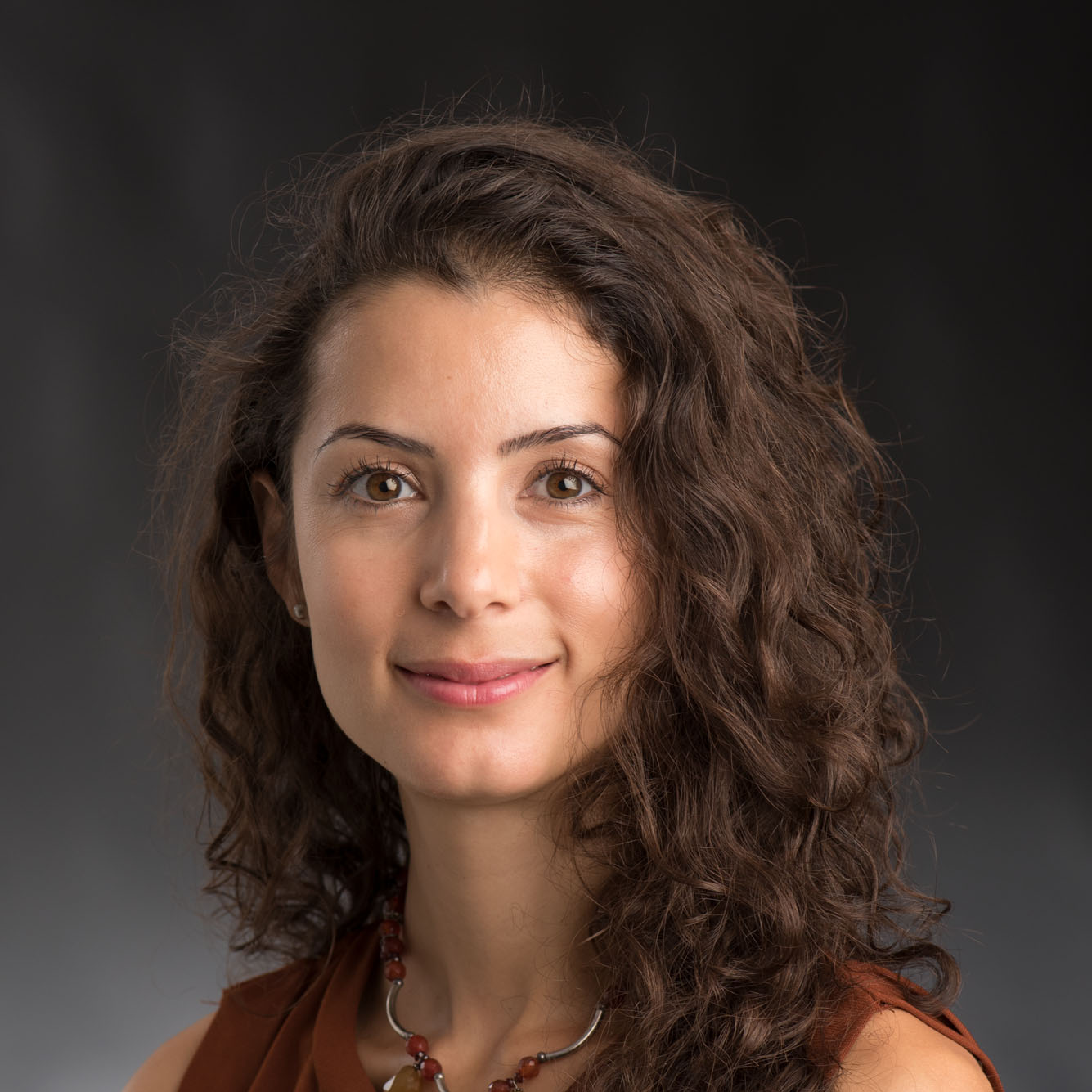
3:00 pm
Endobronchial surgery – from diagnostics to therapy.
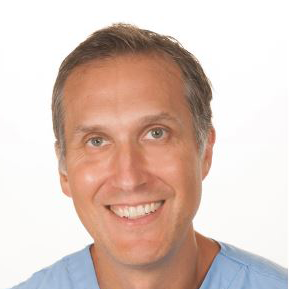
3:15 pm
Is robotic surgery old-news or just the tip of the iceberg?
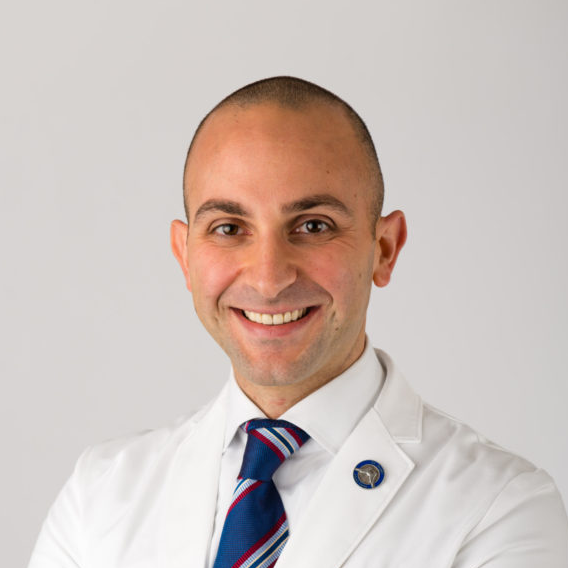
3:30 pm - 4:00 pm
Questions and panel discussion
What to do with the nodule?
Moderators: Drs. Bassam Abdulkarim and Jason Agulnik
Section 4
Putting patients first
Patient testimonials on multi-modality therapy interviewed by their physicians.
4:00 pm – 5:30 pm
Moderators: Drs. Ben Shieh and Anna McGuire
All talks in Section 4 are 12 minutes with 5 minutes for discussion
4:00 pm
Lung cancer Canada and the unmet needs in early-stage lung cancer.
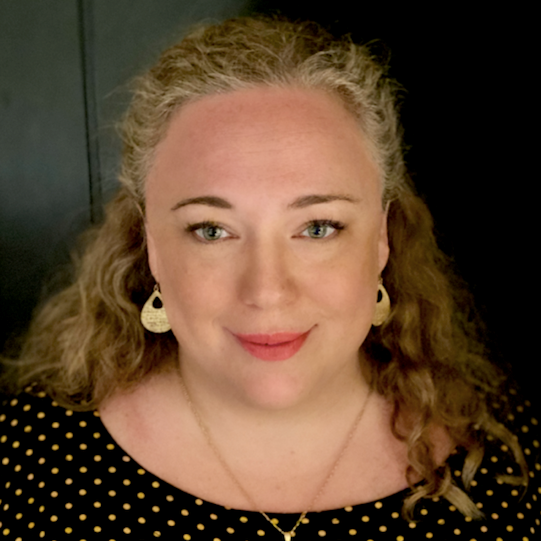
4:17 pm
Where do we stand on Patient Reported Outcomes in early-stage NSCLC?
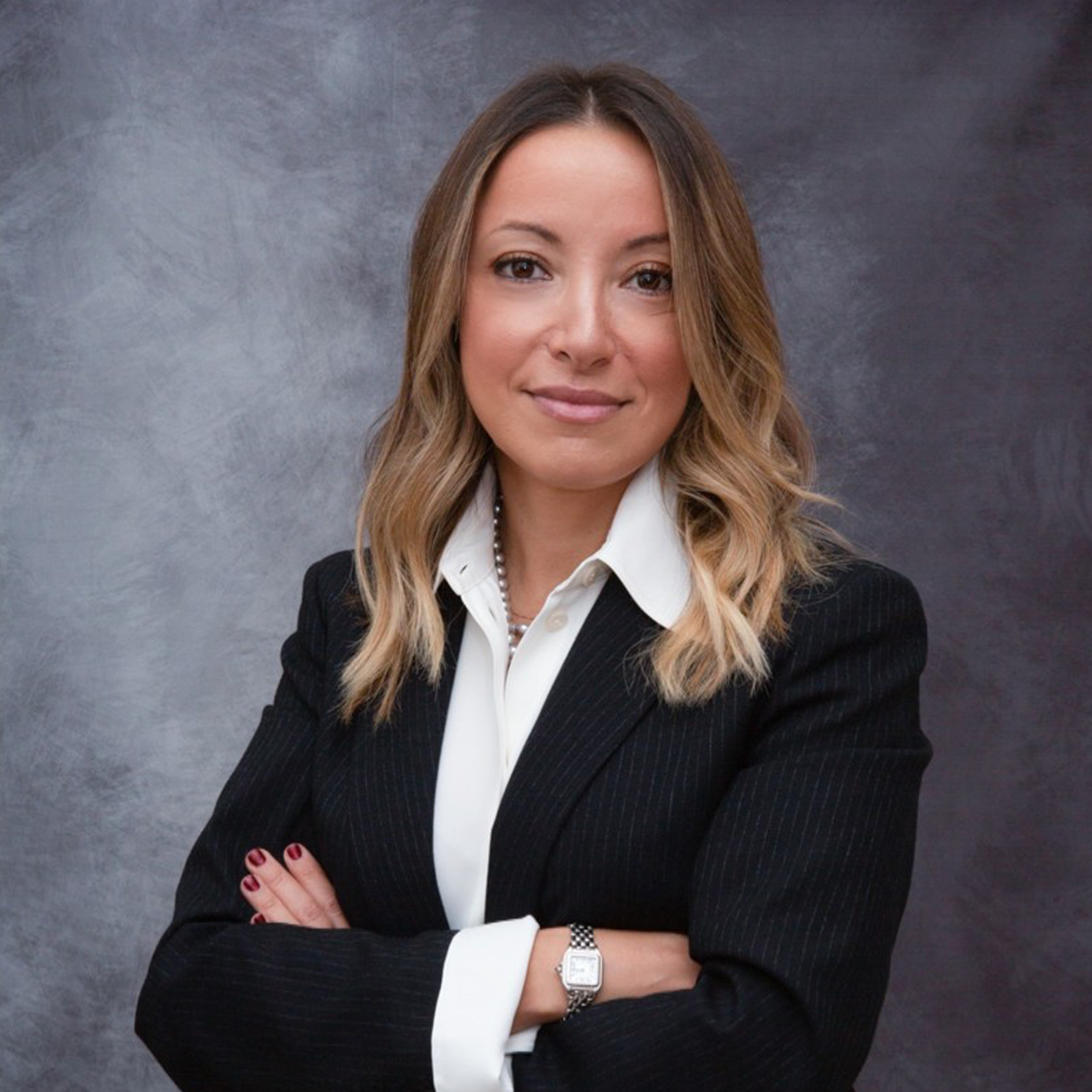
4:34 pm
Operating in black box: Lessons learned and technical accounts of operating in heavily pre-treated field.
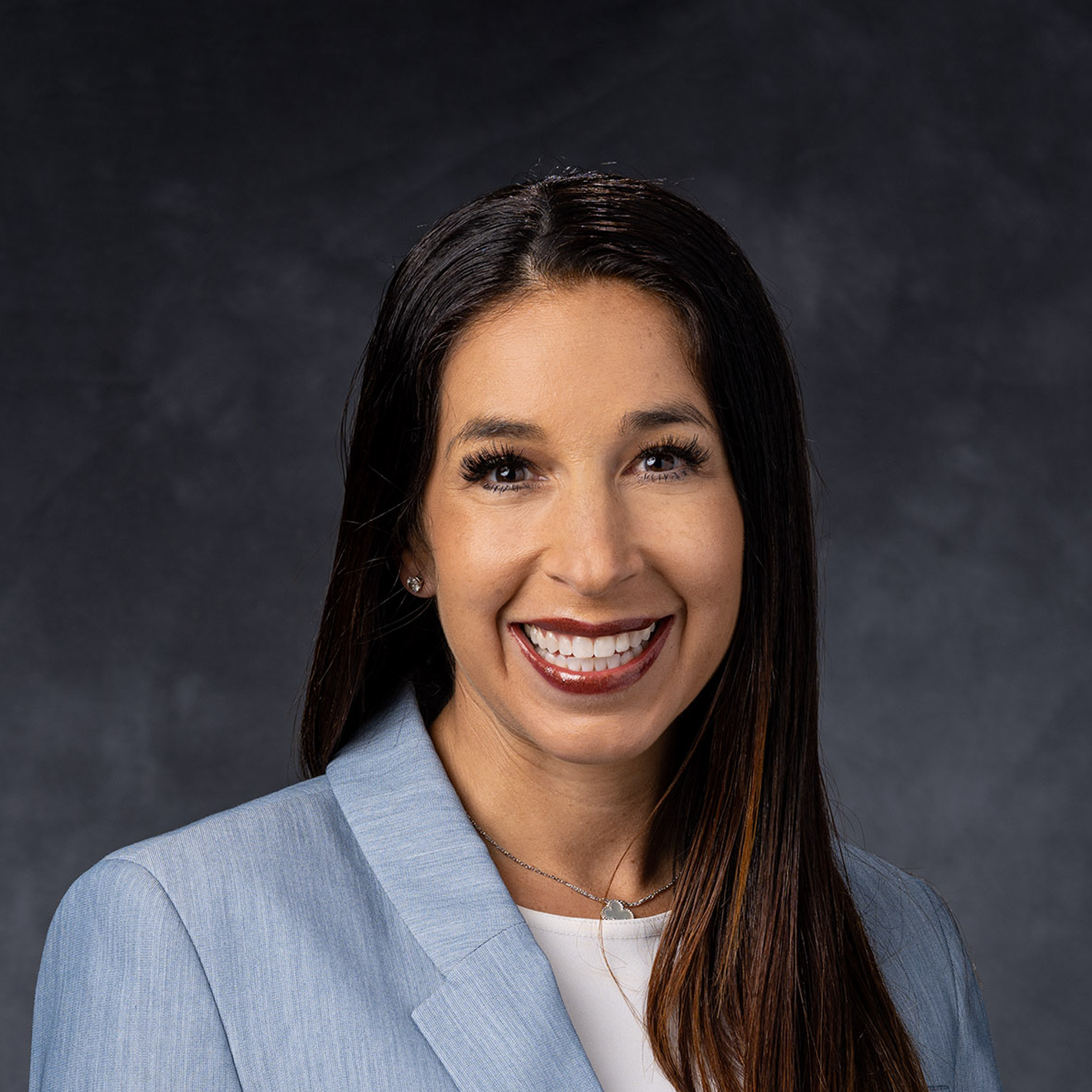
4:51 pm
Competing risks of recurrence versus toxicity when considering systemic therapy in early NSCLC.
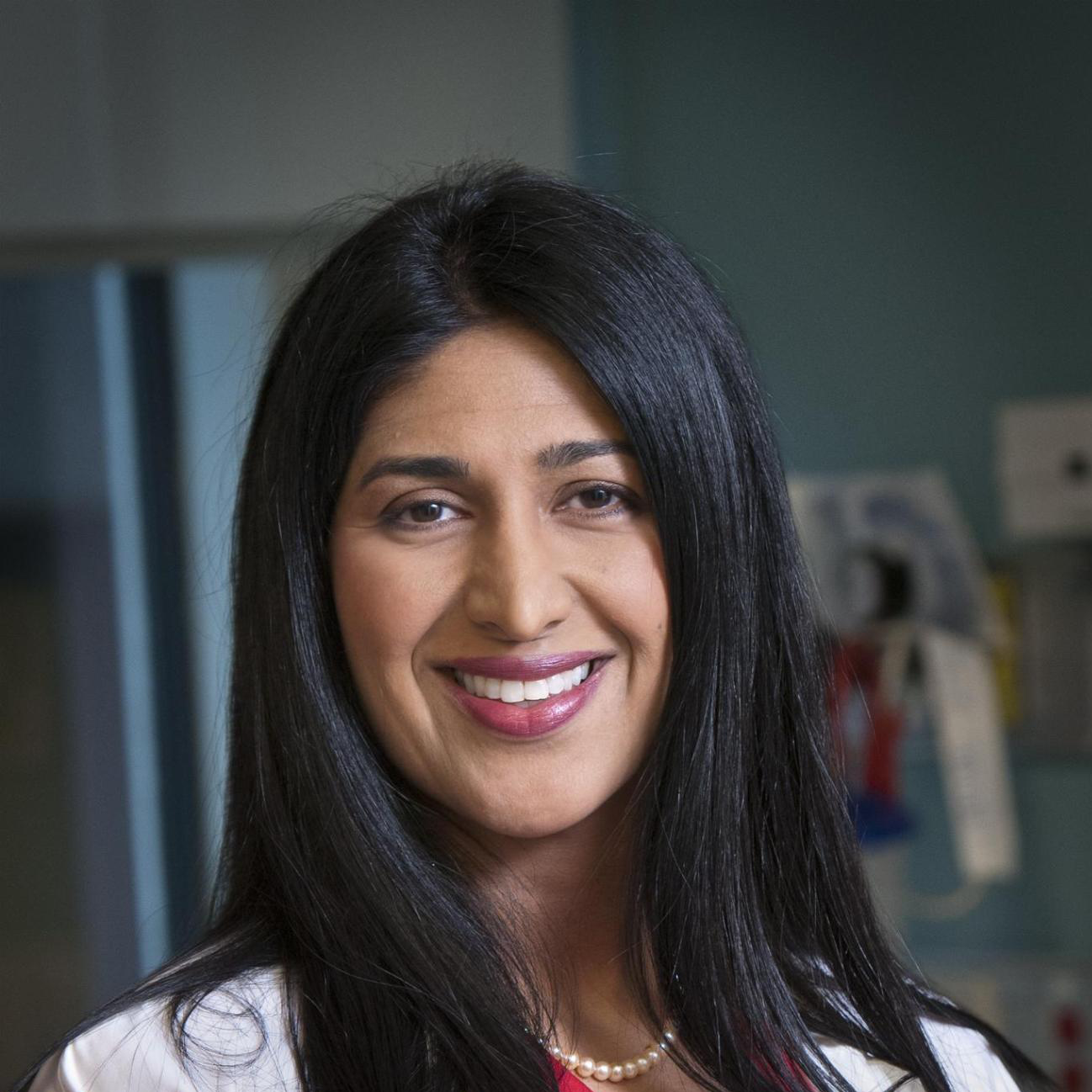
5:08 pm - 5:25 pm
Questions and panel discussion
Putting patients first
Moderators: Drs. Ben Shieh and Anna McGuire
5:25 pm
Closing remarks for day 1


9:45 am
Breakfast
Section 1
Next Generation Immunotherapy for early-stage NSCLC
10:30 am – 11:30 am
Moderators: Drs. Barbara Melosky and Carmela Pepe
10:30 am
How to explore rational IO combinations in early-stage disease?
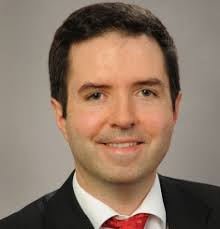
10:42 am
Neoadjuvant neoantigens: mRNA strategies in NSCLC

10:54 am
Same particles, different result: the new age of image-guided radiation for lung cancer.
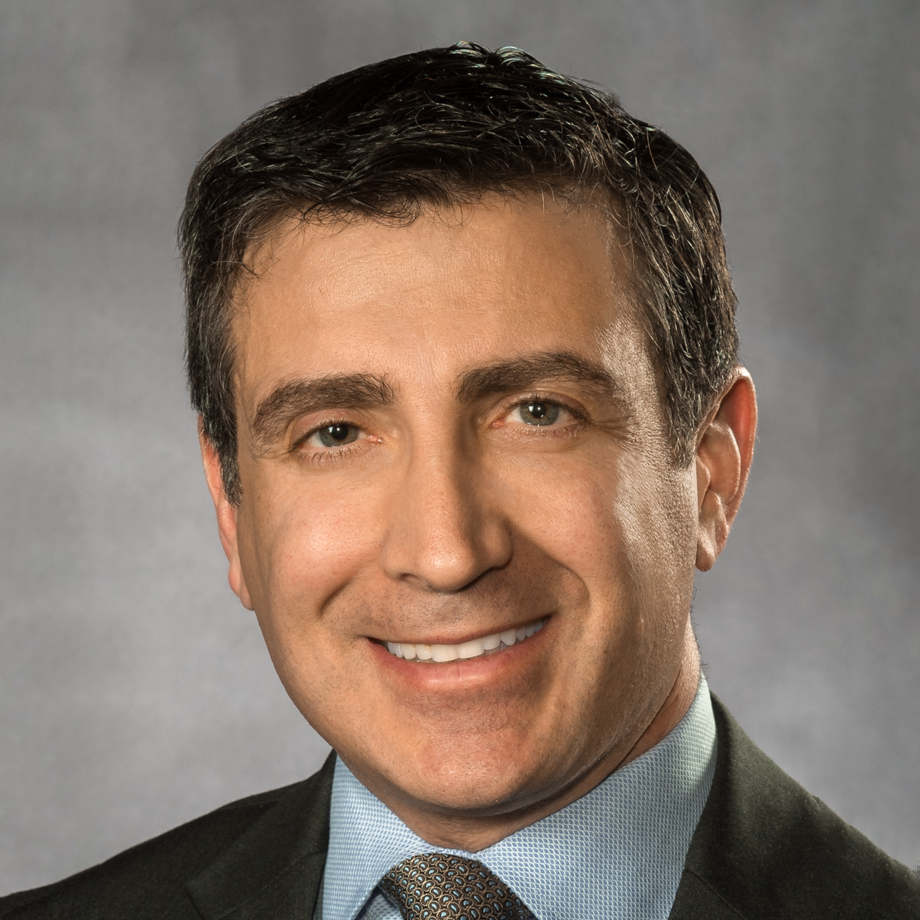
11:06 am - 11:20 am
Questions and panel discussion
Next Generation Immunotherapy for early-stage NSCLC
Moderators: Drs. Barbara Melosky and Carmela Pepe
Section 2
Global perspectives on the approach to adjuvant chemotherapy in EGFR and ALK altered resected NSCLC
11:20 am – 11:50 am
Moderators: Drs. Scott Owen and Nathalie Daaboul
11:20 am
An Asian perspective on the place of chemotherapy for EGFR mutated and ALK translocated resectable NSCLC.
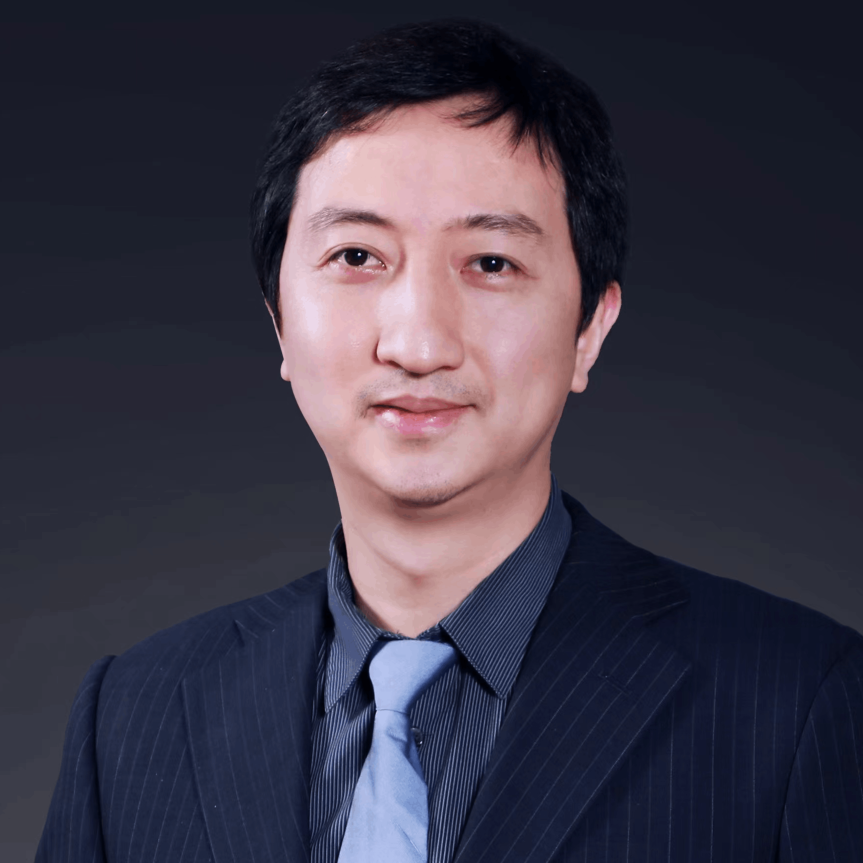
11:30 am
A North American perspective on the place of chemotherapy for EGFR mutated and ALK translocated resectable NSCLC.

11:40 am - 11:50 am
Questions and panel discussion
Global perspectives on the approach to adjuvant chemotherapy in EGFR and ALK altered resected NSCLC
Moderators: Drs. Scott Owen and Nathalie Daaboul
11:50 am – 12:00 pm
Refreshment Break & Exhibits
12:00 pm - 1:00 pm
Merck sponsored lunch symposium
Key Note Speaker: TBD
Section 3
Global perspectives on approach to surgical care in stage IA NSCLC
1:00 pm - 1:30 pm
Moderators: Drs. Anna McGuire and Mathieu Rousseau
1:00 pm
Life after JCOG0802 when deciding on the extent of pulmonary resection for stage IA NSCLC

1:10 pm
Life after CALGB140503 when deciding on the extent of pulmonary resection for stage IA NSCLC
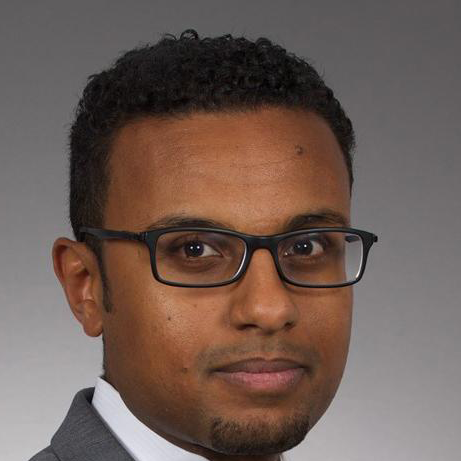
1:20 pm - 1:30 pm
Questions and panel discussion
Global perspectives on approach to surgical care in stage IA NSCLC
Moderators: Drs. Anna McGuire and Mathieu Rousseau
1:30 pm – 1:45 pm
Refreshment Break & Exhibits
Section 4
Treating targets in early-stage NSCLC
1:45 pm – 2:15 pm
Moderators: Drs. Jonathan Cools-Lartigue and Bassam Abdulkarim
1:45 pm
Early-stage ALK and EGFR altered NSCLC: Are we driving for cure or managing a chronic disease?
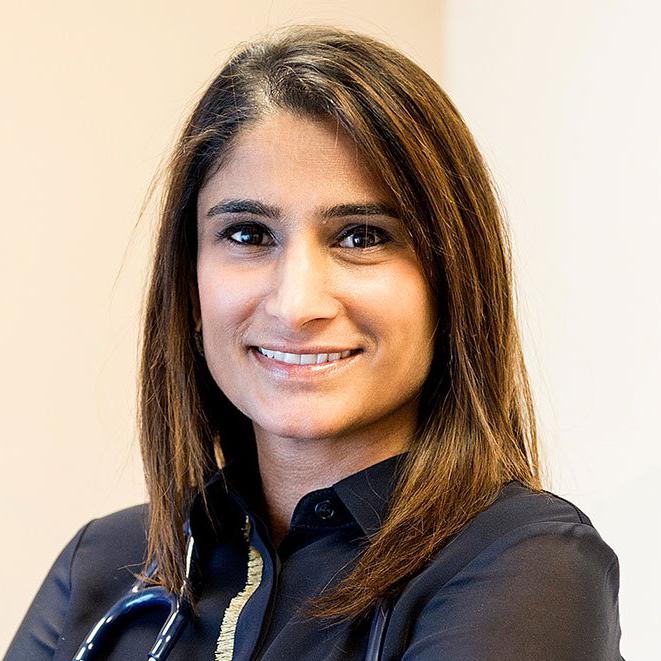
1:55 pm
Defining the place of anti-body drug conjugates in early-stage NSCLC.
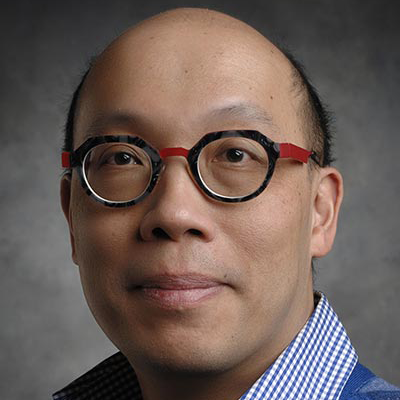
2:05 pm
Challenges and opportunities with translating clinical trial science to community practice.
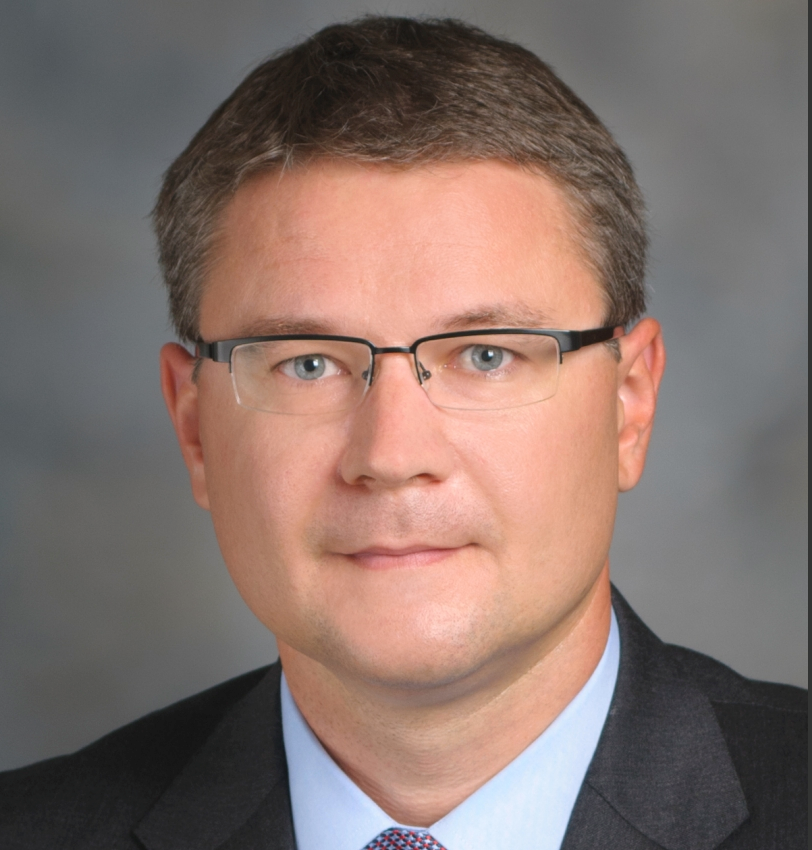
Section 5
Debating choice of local therapy for locally advanced EGFR-mutated NSCLC
2:15 pm – 2:45 pm
2:15 pm
Surgery is the preferred option whenever feasible.

2:25 pm
Chemo-radiation is the preferred option regardless of operability.

2:35 pm - 2:45 pm
Voting, questions, and panel discussion
Debating choice of local therapy for locally advanced EGFR-mutated NSCLC
2:45 pm
Refreshment Break & Exhibits
Section 6
Closing with controversy
3:00 pm – 3:30 pm
Debates in the temple of truth: Pathological response assessment after neoadjuvant therapy.
Referrees: Drs. Normand Blais and Jonathan Spicer.
3:00 pm
The IASLC pathological response assessment method should be our standard of care.
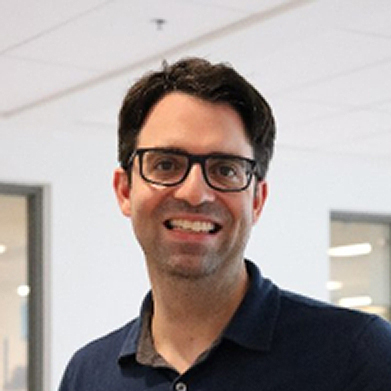
3:10 pm
The irPRC assessment method should be our standard of care.
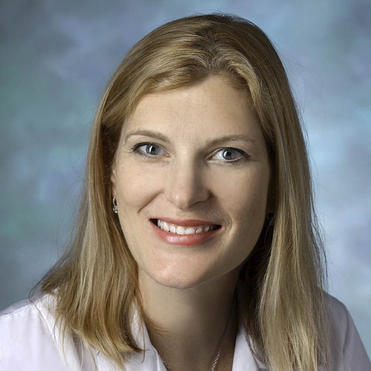
3:20 pm - 3:30 pm
Voting and discussion
Debates in the temple of truth: Pathological response assessment after neoadjuvant therapy
Referrees: Drs. Normand Blais and Jonathan Spicer.
Section 7
Local versus systemic therapists: A new rivalry?
3:30 pm – 4:00 pm
3:30 pm
Total neoadjuvant therapy is feasible in early-stage NSCLC


3:40 pm
Local therapy will always be required after neoadjuvant therapy.


3:50 pm - 4:00 pm
Voting and discussion
Local versus systemic therapists: A new rivalry?
4:00 pm
Closing remarks


8:30 am
Breakfast and registration
9:30 am
Opening remarks


Section 1
The state of the art in early-stage NSCLC
9:45 - 11:45 am
Moderators: Drs. Normand Blais and Jonathan Spicer
9:45 am
The Canadian landscape: ahead or behind the curve? Or maybe just right?

10:00 am
Minimal residual disease detection through comprehensive analyses of circulating tumor DNA for early stage non-small cell lung cancer: Where do we stand with clinical implementation?

10:15 am
Who needs anti-PD(L)1 therapy in early-stage disease, and for how long?

10:30 am
Who is resectable and how do we decide?

10:45 am
Augmenting RT with IO

11:00 am
Cooperative group surgical trials in early-stage NSCLC: Where have we been and where are we going?

11:15 am - 11:45 am
Questions and panel discussion
The state of the art in early-stage NSCLC
Moderators: Normand Blais and Jonathan Spicer
11:45 am – 12:00 pm
Refreshment Break & Exhibits
12:00 pm - 1:00 pm
BMS sponsored lunch symposium
With Drs. Rosalyn Juergens, Tina Cascone and Isabelle Opitz.
Section 2
Pivotal science in early-stage disease
1:00 pm - 2:15 pm
Moderators: Drs. Pierre Olivier Fiset and Jonathan Spicer
All talks in Section 2 are 12 minutes with 3 minutes for discussion
1:00 pm
Neoadjuvant platform studies for patients with resectable NSCLC in molecularly selected populations: current landscape and future directions.

1:15 pm
Dissecting spatial relationships within the tumor microenvironment for predictive value.

1:30 pm
Dissecting the lung microbiome as an untapped predictor of response to checkpoint blockade.

1:45 pm
Immunopathology in early stage. From science to clinical care.

2:00 pm
Dissecting the myeloid compartment for cure.

2:15 pm – 2:30 pm
Refreshment Break & Exhibits
Section 3
What to do with the nodule?
2:30 pm – 4:00 pm
Moderators: Drs. Bassam Abdulkarim and Jason Agulnik
2:30 pm
Landscape of liquid diagnostics for solitary pulmonary nodules.

2:45 pm
Blast it! And other details about diagnosis and staging for the radiation oncologist...

3:00 pm
Endobronchial surgery – from diagnostics to therapy.

3:15 pm
Is robotic surgery old-news or just the tip of the iceberg?

3:30 pm - 4:00 pm
Questions and panel discussion
What to do with the nodule?
Moderators: Drs. Bassam Abdulkarim and Jason Agulnik
Section 4
Putting patients first
Patient testimonials on multi-modality therapy interviewed by their physicians.
4:00 pm – 5:30 pm
Moderators: Drs. Ben Shieh and Anna McGuire
All talks in Section 4 are 12 minutes with 5 minutes for discussion
4:00 pm
Lung cancer Canada and the unmet needs in early-stage lung cancer.

4:17 pm
Where do we stand on Patient Reported Outcomes in early-stage NSCLC?

4:34 pm
Operating in black box: Lessons learned and technical accounts of operating in heavily pre-treated field.

4:51 pm
Competing risks of recurrence versus toxicity when considering systemic therapy in early NSCLC.

5:08 pm - 5:25 pm
Questions and panel discussion
Putting patients first
Moderators: Drs. Ben Shieh and Anna McGuire
5:25 pm
Closing remarks for day 1


9:45 am
Breakfast
Section 1
Next Generation Immunotherapy for early-stage NSCLC
10:30 am – 11:30 am
Moderators: Drs. Barbara Melosky and Carmela Pepe
10:30 am
How to explore rational IO combinations in early-stage disease?

10:42 am
Neoadjuvant neoantigens: mRNA strategies in NSCLC

10:54 am
Same particles, different result: the new age of image-guided radiation for lung cancer.

11:06 am - 11:20 am
Questions and panel discussion
Next Generation Immunotherapy for early-stage NSCLC
Moderators: Drs. Barbara Melosky and Carmela Pepe
Section 2
Global perspectives on the approach to adjuvant chemotherapy in EGFR and ALK altered resected NSCLC
11:20 am – 11:50 am
Moderators: Drs. Scott Owen and Nathalie Daaboul
11:20 am
An Asian perspective on the place of chemotherapy for EGFR mutated and ALK translocated resectable NSCLC.

11:30 am
A North American perspective on the place of chemotherapy for EGFR mutated and ALK translocated resectable NSCLC.
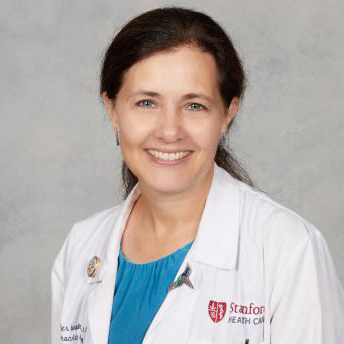
11:40 am - 11:50 am
Questions and panel discussion
Global perspectives on the approach to adjuvant chemotherapy in EGFR and ALK altered resected NSCLC
Moderators: Drs. Scott Owen and Nathalie Daaboul
11:50 am – 12:00 pm
Refreshment Break & Exhibits
12:00 pm - 1:00 pm
Merck sponsored lunch symposium
Key Note Speaker: TBD
Section 3
Global perspectives on approach to surgical care in stage IA NSCLC
1:00 pm - 1:30 pm
Moderators: Drs. Anna McGuire and Mathieu Rousseau
1:00 pm
Life after JCOG0802 when deciding on the extent of pulmonary resection for stage IA NSCLC

1:10 pm
Life after CALGB140503 when deciding on the extent of pulmonary resection for stage IA NSCLC

1:20 pm - 1:30 pm
Questions and panel discussion
Global perspectives on approach to surgical care in stage IA NSCLC
Moderators: Drs. Anna McGuire and Mathieu Rousseau
1:30 pm – 1:45 pm
Refreshment Break & Exhibits
Section 4
Treating targets in early-stage NSCLC
1:45 pm – 2:15 pm
Moderators: Drs. Jonathan Cools-Lartigue and Bassam Abdulkarim
1:45 pm
Early-stage ALK and EGFR altered NSCLC: Are we driving for cure or managing a chronic disease?

1:55 pm
Defining the place of anti-body drug conjugates in early-stage NSCLC.

2:05 pm
Challenges and opportunities with translating clinical trial science to community practice.

Section 5
Debating choice of local therapy for locally advanced EGFR-mutated NSCLC
2:15 pm – 2:45 pm
2:15 pm
Surgery is the preferred option whenever feasible.

2:25 pm
Chemo-radiation is the preferred option regardless of operability.

2:35 pm - 2:45 pm
Voting, questions, and panel discussion
Debating choice of local therapy for locally advanced EGFR-mutated NSCLC
2:45 pm
Refreshment Break & Exhibits
Section 6
Closing with controversy
3:00 pm – 3:30 pm
Debates in the temple of truth: Pathological response assessment after neoadjuvant therapy.
Referrees: Drs. Normand Blais and Jonathan Spicer.
3:00 pm
The IASLC pathological response assessment method should be our standard of care.

3:10 pm
The irPRC assessment method should be our standard of care.

3:20 pm - 3:30 pm
Voting and discussion
Debates in the temple of truth: Pathological response assessment after neoadjuvant therapy
Referrees: Drs. Normand Blais and Jonathan Spicer.
Section 7
Local versus systemic therapists: A new rivalry?
3:30 pm – 4:00 pm
3:30 pm
Total neoadjuvant therapy is feasible in early-stage NSCLC


3:40 pm
Local therapy will always be required after neoadjuvant therapy.


3:50 pm - 4:00 pm
Voting and discussion
Local versus systemic therapists: A new rivalry?
4:00 pm
Closing remarks



